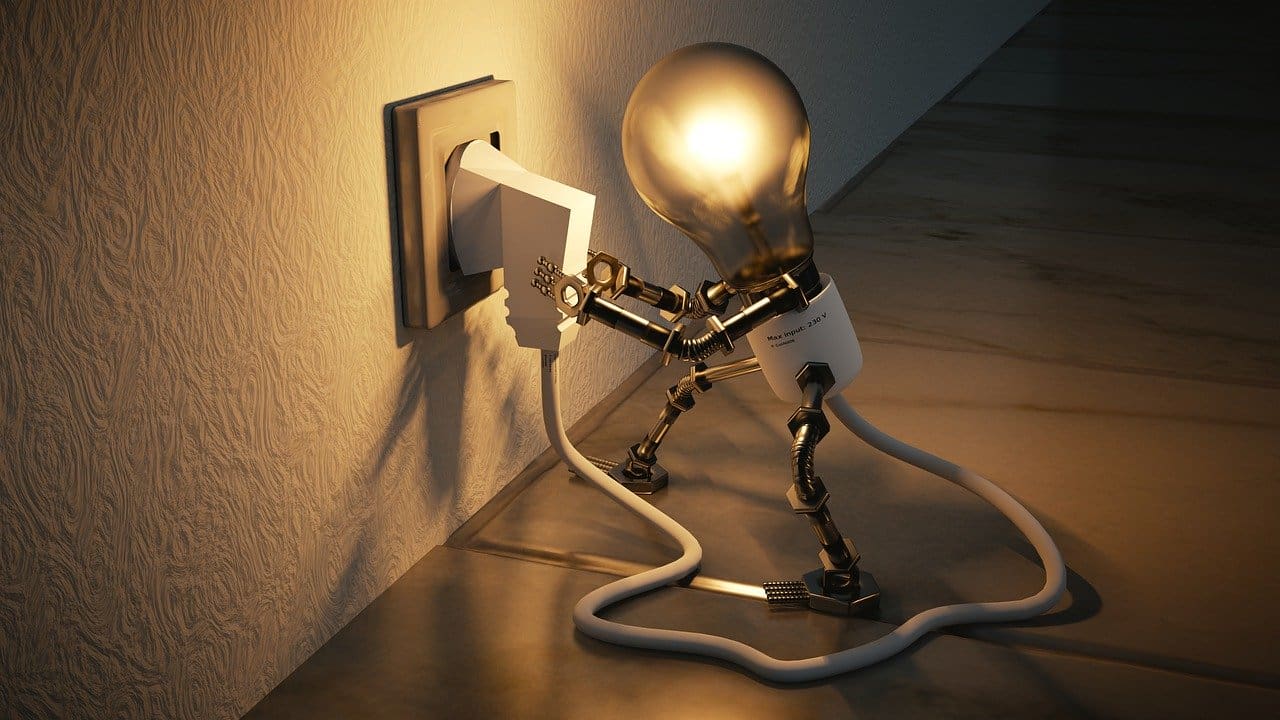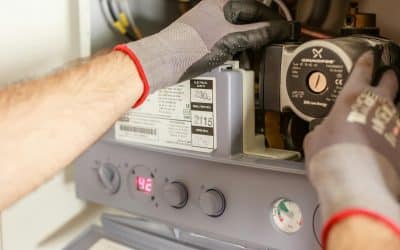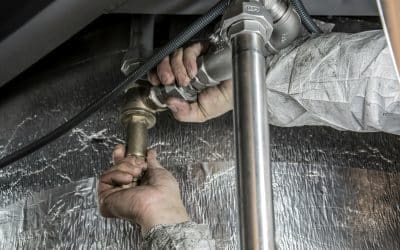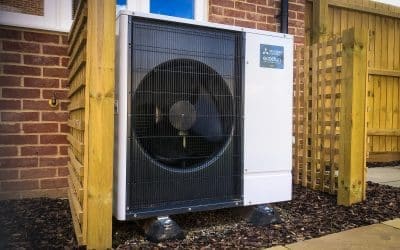Due to the coronavirus outbreak, an increasing number of people are staying home for extended periods of time. This has led many homeowners to see a steady rise in their monthly energy consumption. Your energy bills are likely to increase which means now is the perfect time to make some changes.
If you have experienced a surge in your monthly utility bills, your home can definitely do with some modifications that will eliminate the inefficiencies and add to your energy saving. Since you are staying home, why not spend some time and weed out the energy-wasting elements and make your home a hub for energy-efficiency?
At JL Phillips, we understand that every penny saved counts, which is why we have compiled a list of helpful tips that will help reduce energy costs at home.
1. Draught Proof Your Home
Draught proofing simply means to fill up all the gaps and cavities in your home from where the comfortable temperature is likely to escape. Needless, to say, draught-proofing is extremely important as it helps maintain stable room temperatures. If your central heating system is at work and you have heated up the air in your home, you need to ensure that this air doesn’t leak from gaps under the door or through windows. Seal these gaps around your windows and doors using tape or adhesive to keep the air from escaping.
2. Consider Installing a Heat Pump Unit
As both ground and air source heat pumps operate at 300% efficiency, now is the time to consider installing a heat pump unit in your home. With heat pumps, you will not only heat your homes but also cater to your hot water requirements. Additionally, you can make the most of the government subsidies available under the domestic RHI, also known as the homeowners RHI program. Click here to know more.
Once you check your domestic RHI eligibility, you can apply to receive payments under the RHI program over a period of 7 years. When you combine these payments along with the energy savings you make, you’ll see that the renewable installation basically pays for itself. Now that you are home, it’ll be a good idea to upgrade your heating system.
Click on this link for a free quick quote on heat pump installation.
3. Switch Off All the Gadgets and Electronics
The simplest thing you can do to improve your energy efficiency is to ensure that you do not leave any gadget on standby and switch it off directly from the power source. Leaving any appliance with an electrical display on standby adds up and is reflected in your increased energy bills. Turn these gadgets off from the source meaning, pull the plug when a device is not in use. The difference this makes may be small but is definitely noticeable over time. Plus, when you conserve energy with such small efforts, you improve your carbon footprint.
4. Upgrade to Energy-Efficient Appliances
Washing machines, dishwashers, ovens, and TVs are some appliances that consume quite a bit of energy. This means there’s room for homeowners to potentially save energy, with these appliances. An average home uses approximately 28% of its energy to operate appliances. This translates into 10kWh/day of electricity being used. Thanks to energy star appliances and Minimum Energy Performance Standards (MEPS), you can add to the efficiency of your appliances even more. Now is a good time for you to check which old appliances need to be replaced with new efficient ones.
5. Topping Up Your Home Insulation
Sufficient amount of insulation is crucial to ensure that your central heating system doesn’t have to work extra hard to maintain comfortable temperatures and in turn consume a lot of energy. Insulating the internal and external walls, ceiling and floor of your home is important to ensure that your home remains comfortable all-round the year without consuming too much energy. For different types of houses, there is a range of insulating materials available. Ensure that your insulation installer communicates with your electrician so that the insulation work is conducted safely.
To Sum it Up
While most of the energy-saving tips require some level of upfront investment, it will make your house more energy-efficient which will result in substantial savings in the long run. All these tips will make your home a haven for cosiness and comfort.
To find out more about heat pump installation, get in touch with us today!





